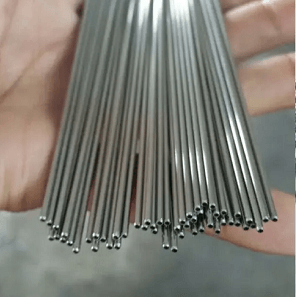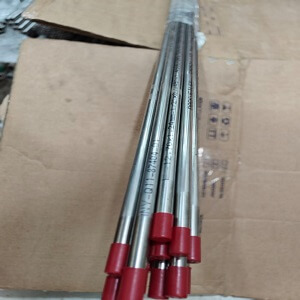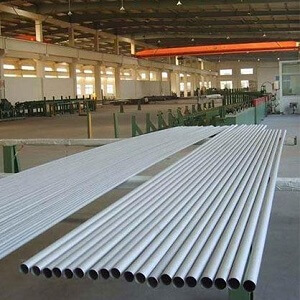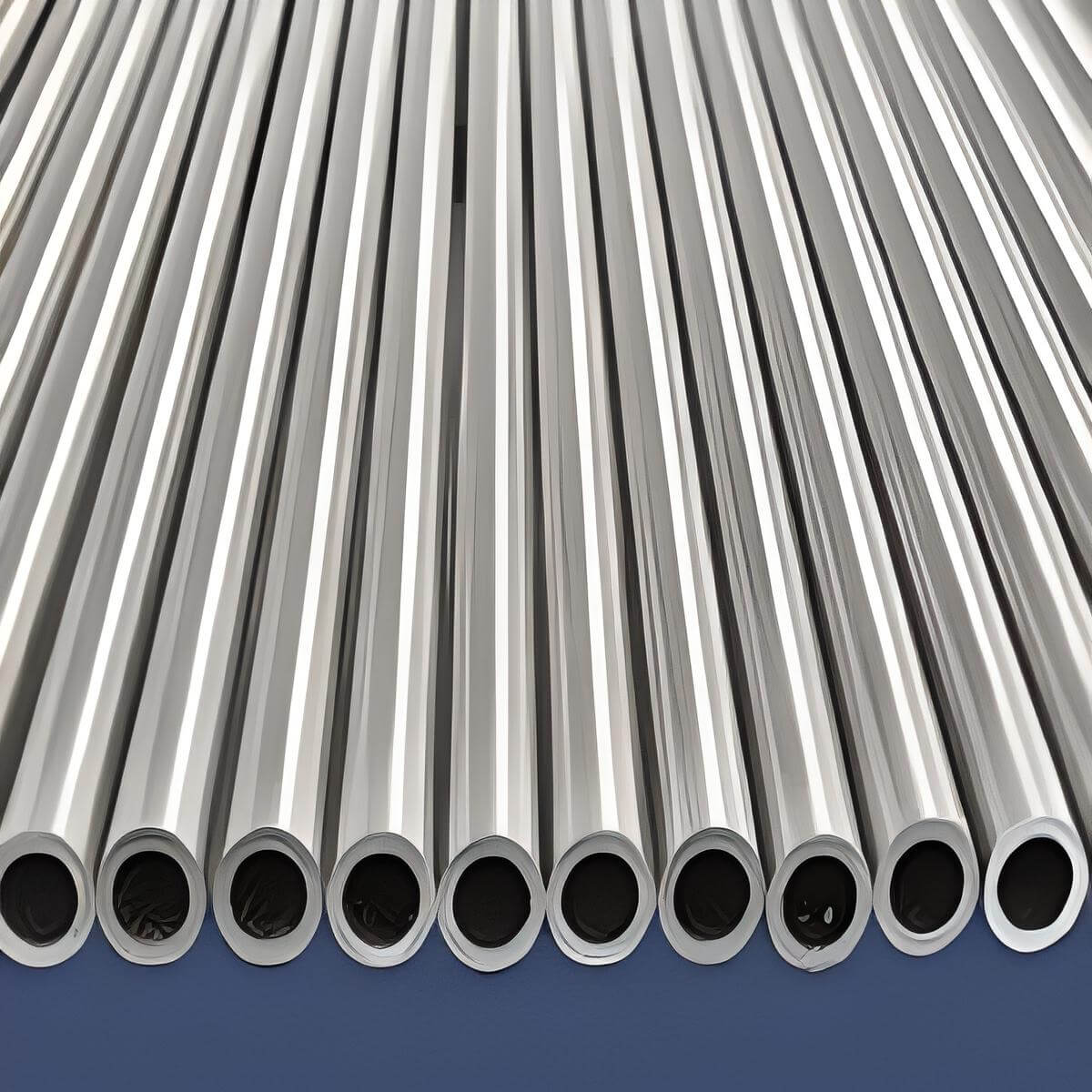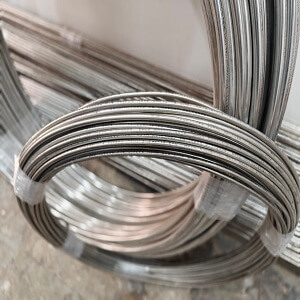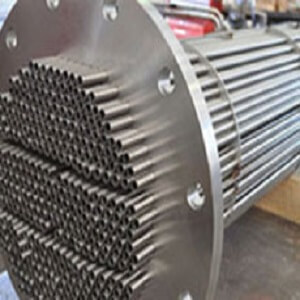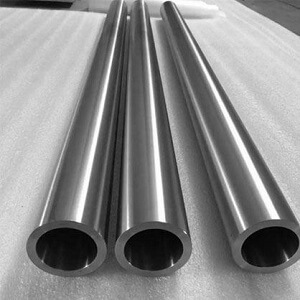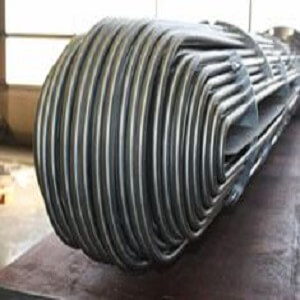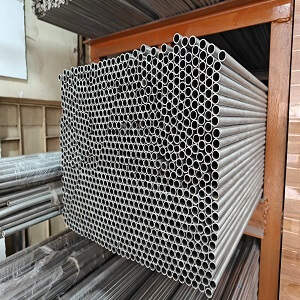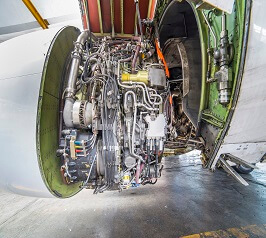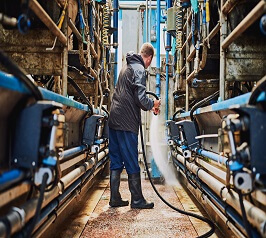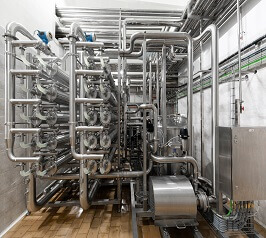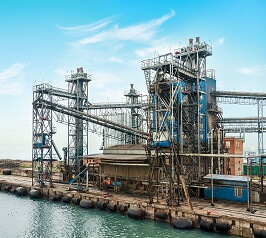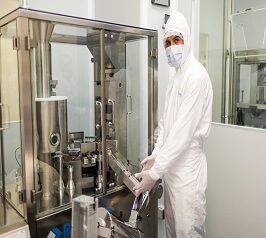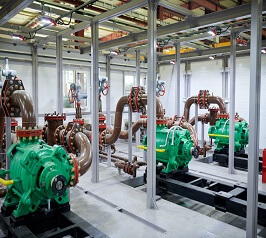Stainless steel needle tubes have a range of uses, in industries that require precision, such as medicine, chemistry and automotive. These tubes are small in diameter. Have walls making them perfect for injecting substances into tight spaces or delivering fluids with accuracy.
The advantages of using steel make it the ideal material for needle tubes. Its resistance to corrosion ensures that the tubes last a time even when exposed to substances or sterilization processes. The combination of durability and lightweight properties makes stainless steel needle tubes sturdy yet easy to handle.
The ability to customize the diameter and wall thickness adds to the versatility of these tubes making them suitable for applications. In the field stainless steel needle tubes are used in devices like syringes and catheter systems. In chemistry they find application in metering and dispensing systems.
Manufacturers typically produce these tubes using grades of steel such as 304, 316 and 316L. Each grade offers corrosion resistance and mechanical properties tailored to meet application requirements. For purposes the 316L grade is often preferred due to its resistance against chloride corrosion. The smooth and seamless interior surface is a feature of stainless steel needle tubes. This is particularly important, in applications like needles, where it can reduce discomfort and ensure a smooth flow of the injected fluid.
Stainless steel needle tubes are highly regarded for their precision, versatility and impressive performance. Their material and design possess qualities that make them adaptable to applications. By delivering amounts of substances these tubes undoubtedly play a crucial role, in different industries by enhancing efficiency.



